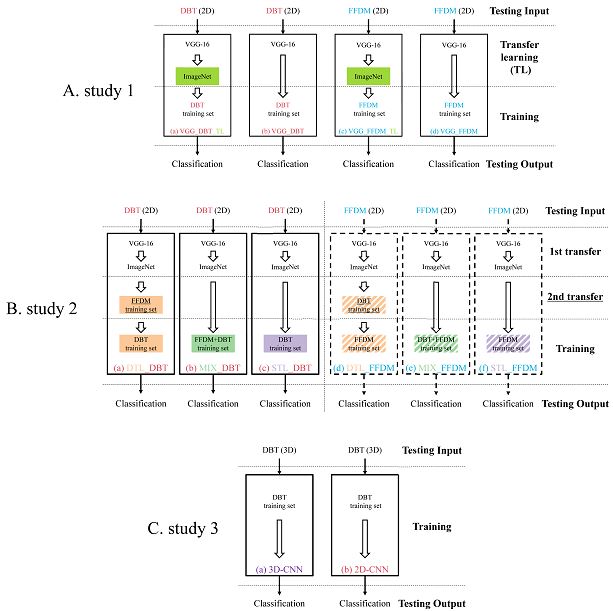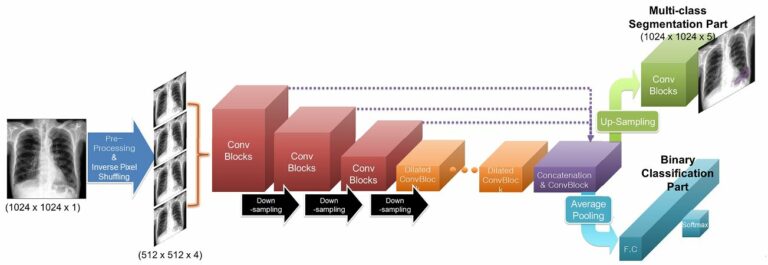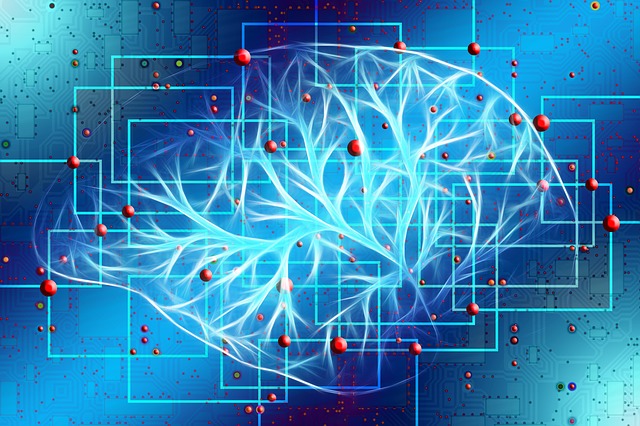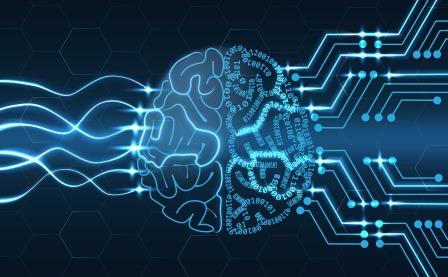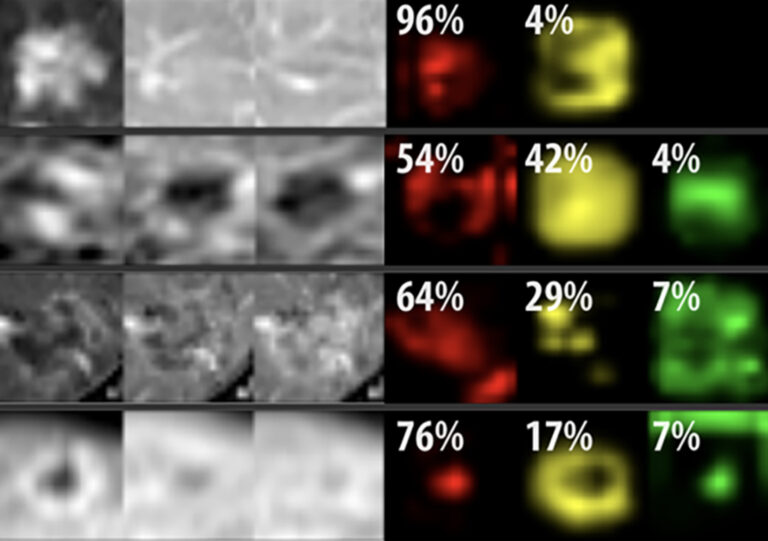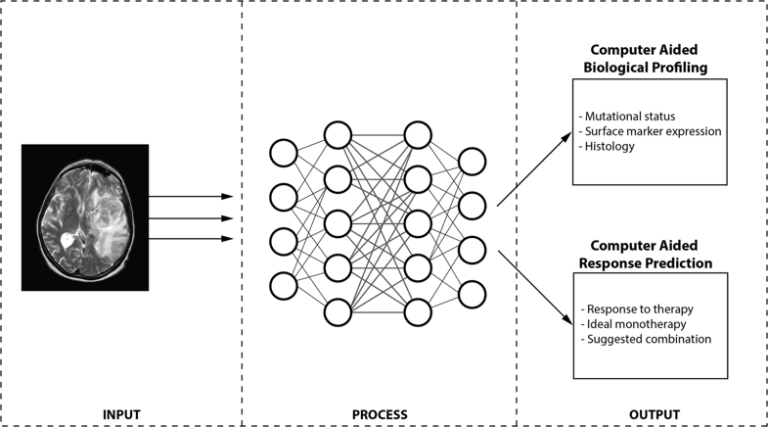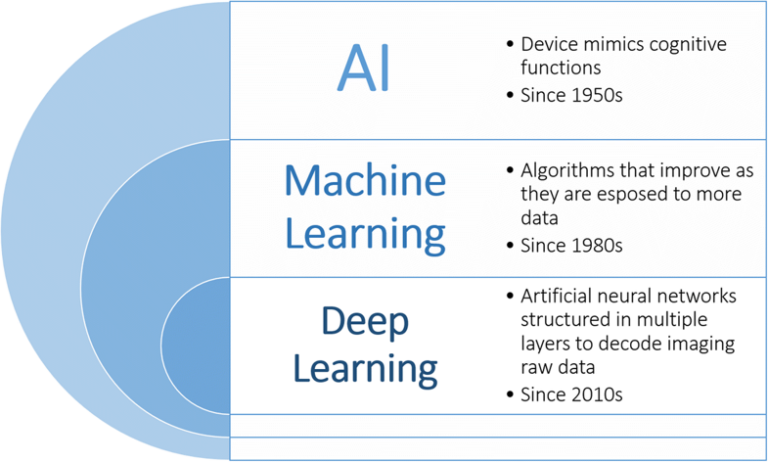
Dual-energy CT–based deep learning radiomics can improve lymph node metastasis risk prediction for gastric cancer
In this study, the authors aimed to build a dual-energy CT (DECT)-based deep learning radiomics nomogram that could be used for lymph node metastasis prediction in gastric cancer. Ultimately, the DECT-based deep learning radiomics nomogram operated well in predicting lymph node metastasis in gastric cancer. Key points This study investigated the value of deep learning dual-energy CT–based radiomics in predicting










